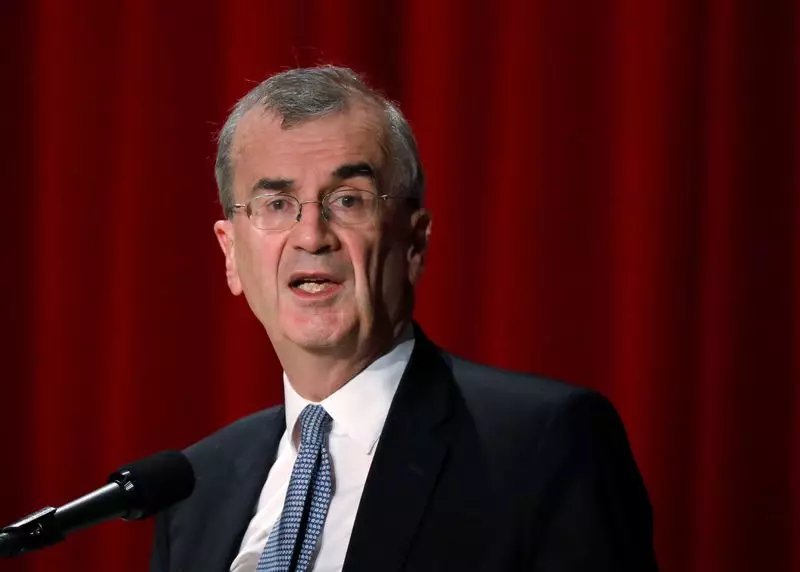France is at a financial crossroads, grappling with a public sector budget deficit that poses significant challenges to its economic stability. The recent turmoil in the government, precipitated by the refusal of opposition lawmakers to accept stringent austerity measures, has amplified the urgency for reform. In this complex landscape, the newly appointed Finance Minister Eric Lombard has been entrusted with the critical task of reshaping the 2025 budget legislation in a manner that restores confidence among investors and citizens alike.
With the primary objective of keeping the fiscal shortfall between 5% and 5.5% of the Gross Domestic Product (GDP), Lombard’s strategy appears more flexible than the previous government’s rigid approach. However, amid shifting political tides, the long-term sustainability of France’s public finances hangs in the balance. To regain credibility within the European framework, France must recalibrate its fiscal policies swiftly and effectively.
Francois Villeroy de Galhau, the Governor of the Bank of France, delivered a sobering message regarding the state of public finances. His assertion that France has crossed “multiple critical thresholds” serves as a clarion call for immediate action. As the nation faces the largest deficit within the Eurozone, the imperative to adhere closely to a target of 5% for this year is not merely a fiscal exercise—it is essential for re-establishing trust with both domestic and international stakeholders.
Villeroy’s emphasis on defining 2025 as a pivotal year highlights the necessity of strategic tax reforms followed by disciplined expenditure management. It underscores the belief that a proactive approach in addressing the deficit will pave the way toward meeting the European Union’s benchmark of 3% by 2029. This vision for economic stability requires not just a budget but a comprehensive plan that inspires confidence among citizens and investors alike.
The political climate surrounding the budget has profound implications for the economic outlook. Lombard’s outreach to opposition parties in a bid to secure support is a crucial step toward averting another crisis that could exacerbate the current economic predicament. The specter of a no-confidence vote looms large, and any missteps in coalition-building may result in further instability.
Additionally, the reaction of credit rating agencies, particularly Moody’s recent downgrade of French bonds, reflects the broader implications of political and fiscal uncertainty. Such measures can erode investor confidence and harm consumer sentiment, hindering potential growth in a nation already burdened by economic challenges.
Future Prospects: Navigating Toward Recovery
Despite the prevailing negatives, Villeroy’s assertion that fears of recession may be overstated offers a glimmer of hope. France has the opportunity to recalibrate its economic strategies through a mixture of disciplined fiscal management and enhanced collaboration across political divides. The road to recovery will undoubtedly require sacrifices and tough decisions, but with a clear plan and unified resolve, France can aspire to reclaim its place among the fiscally responsible nations of Europe.
France’s current financial challenges demand urgent attention, politically and economically. The cooperation between the government and opposition parties, along with prudent fiscal policies, will be essential for rebuilding credibility while setting the foundation for sustainable growth in the years to come. The journey ahead may be fraught with difficulties, but with unity and strategic foresight, the nation can steer itself toward a more stable financial future.

